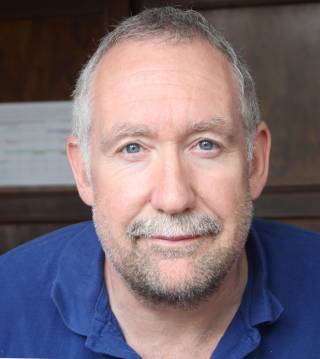Tim WILLIAMS
Principal Investigator and Associate Professor in Silk Roads Archaeology

He is a member of ICOMOS and the International Scientific Committee on Archaeological Heritage Management (ICAHM) and a Fellow of the Society of Antiquaries of London. He undertook the ICOMOS thematic study of the Silk Roads, which moved away from the emphasis on orientalist East-West interaction, exploring the complexity and dynamics of cultural exchange and the pivotal role of Central Asia. This provided the basis for the UNESCO World Heritage nomination strategy for the Silk Roads.
His current research is focused on the development of urbanism along the Silk Roads. Fascinated by urban archaeology, specifically, the lives of the inhabitants (beyond simply the elite and powerful), and the complexity of past societies and how they shaped, and were shaped by, their urban environment. He has been very much influenced by people like Kevin Lynch and Paul Zanker. Avril Cameron’s micro studies provide an on-going context for the work at Merv: water, streets, rubbish, built and unbuilt space, organisation and appropriation, and the overall use of space.
Working in wonderful Beirut (with Dom Perring, Helga Seeden, Assaad Seif, Reuben Thorpe and many other amazing archaeologists) inspired his interests in late antiquity and the early Islamic transformations. Peter Ucko led him down the Silk Roads, and then Paul Wheatley, sadly posthumously, broadened that view to the ‘cities where men pray together’. This wider context, coupled with the longue durée of the Silk Roads, Tertius Chandler’s historical urban populations, and many ideas on trade, exchange and movement, provide part of the context for the current project.
 Close
Close

